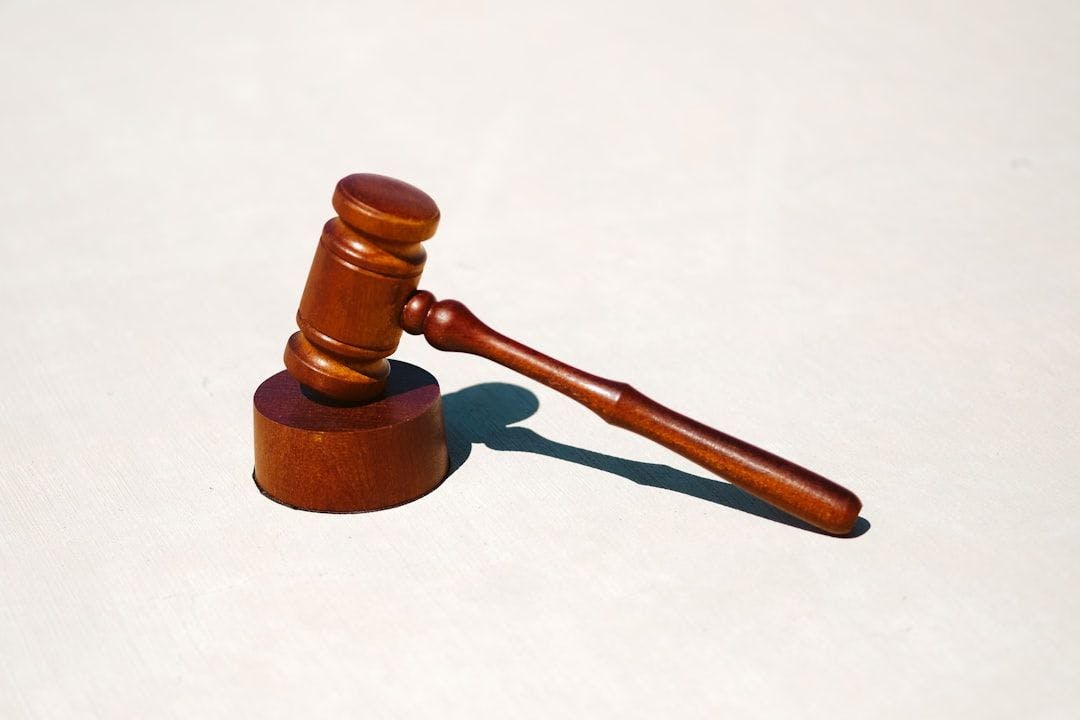114 reads
OpenAI Asks Court to Dismiss Portions of NYT's Lawsuit Against Company
by
March 6th, 2024

Legal PDFs of important tech court cases are far too inaccessible for the average reader... until now.
About Author
Legal PDFs of important tech court cases are far too inaccessible for the average reader... until now.
